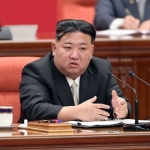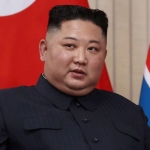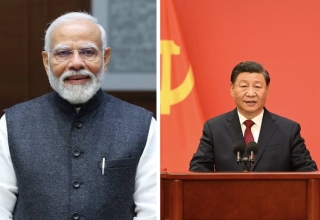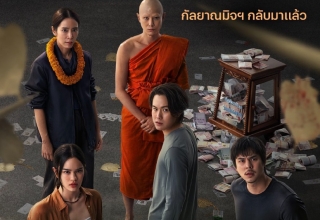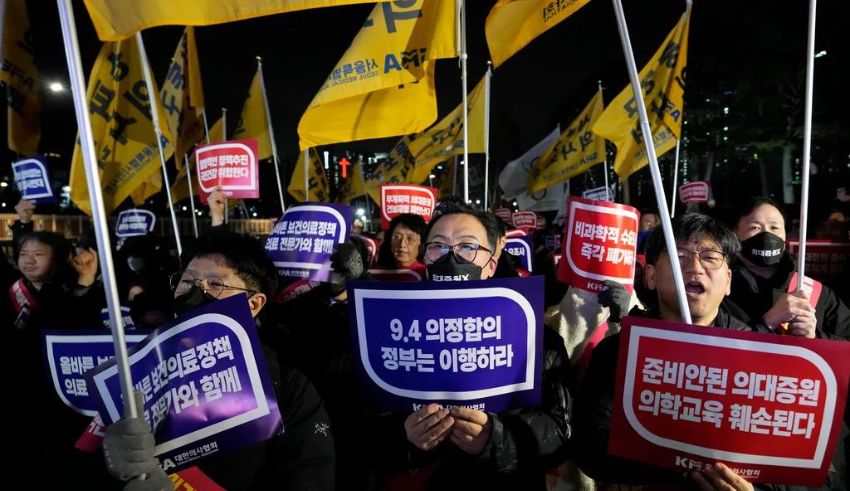
Thousands of doctors in South Korea have been on strike since August 2023, protesting against the government’s plan to increase the number of medical students and establish public medical schools . The doctors argue that the plan would lower the quality of medical education and services, and worsen the working conditions and income of doctors .
The government has defended its plan as a necessary measure to address the shortage and uneven distribution of doctors in the country, especially in rural areas and during public health emergencies such as the COVID-19 pandemic . The government has also accused the doctors of being selfish and irresponsible, and threatened to revoke their licenses or impose criminal charges if they do not return to work .
Latest Development
On Monday, February 19, 2024, the government issued an emergency order to stop the doctors’ strike and force them back to hospitals, citing the rising number of COVID-19 cases and the need to protect public health and safety . The order, which took effect immediately, applies to all doctors who work in public health centers, emergency rooms, intensive care units, and COVID-19 treatment facilities . The order also bans any further collective action by the doctors until the end of the COVID-19 crisis.
Keep Reading
The doctors’ union, the Korean Medical Association (KMA), denounced the government’s order as a violation of their human rights and labor rights, and vowed to continue their fight against the government’s plan. The KMA said that the order would only worsen the situation, as it would demoralize and exhaust the doctors who are already overworked and underpaid . The KMA also called on the public to support their cause and demand the government to withdraw its plan and engage in dialogue with the doctors.
Implications
The government’s order has escalated the conflict between the government and the doctors, and raised concerns about the impact on the health care system and the public trust in the medical profession . The order has also sparked debates about the role and responsibility of doctors in society, and the balance between individual rights and collective interests. The outcome of this dispute could have lasting effects on the future of health care and medical education in South Korea.


